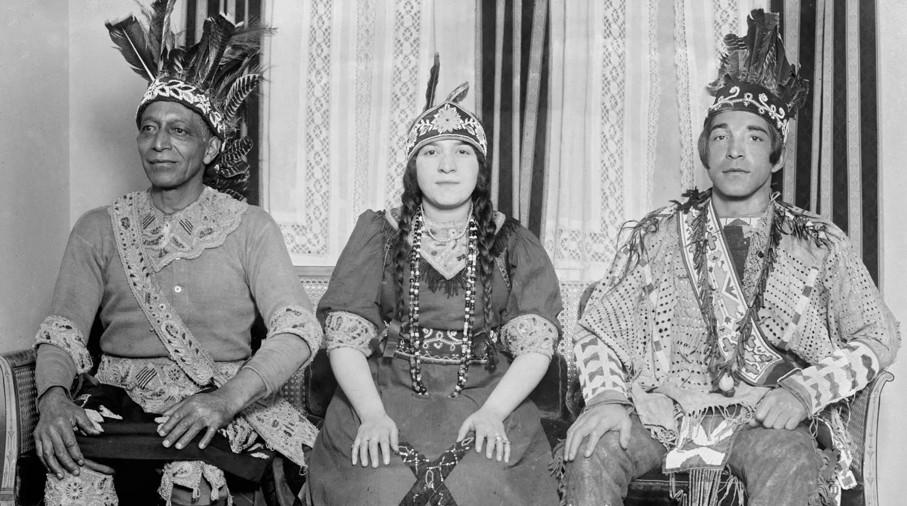
We often hear about Jeff Bezos, Elon Musk, and other contemporary titans of industry vying for the title of “world’s richest person.” But when we delve into the annals of history, a figure emerges whose wealth dwarfed even the most extravagant fortunes of today: Mansa Musa I, the 14th-century ruler of the Malian Empire.
While exact figures are difficult to ascertain due to the complexities of comparing currencies across centuries and cultures, historians generally agree that Mansa Musa’s wealth was so vast, so incomprehensible, that it’s practically immeasurable. Some scholars estimate his net worth would be in the equivalent of $400 billion today, but even that is a conservative estimate that fails to capture the true extent of his power and prosperity.
Who Was Mansa Musa?
Mansa Musa, meaning “King Musa,” ruled the Malian Empire from 1312 to 1337. His kingdom was a vast territory stretching across modern-day Mali, Senegal, Gambia, Guinea, Niger, Nigeria, Chad, and Mauritania. He inherited a powerful and already wealthy empire, but it was his shrewd leadership and astute control of resources that catapulted the Malian Empire to unprecedented levels of prosperity.
The Source of His Wealth: Gold and Salt
The foundation of Mansa Musa’s immense wealth lay in the abundant natural resources of his empire, particularly gold. The Malian Empire controlled some of the most significant gold deposits in the world at the time, and Mansa Musa maintained a strict monopoly over its trade. Gold was not just a commodity; it was the lifeblood of the empire’s economy and its international standing.
Equally important was salt, a highly valued commodity essential for preserving food and maintaining health. In a world without refrigeration, salt was as precious as gold, and the Malian Empire controlled vital salt mines that contributed significantly to its wealth.
The Legendary Pilgrimage to Mecca
Mansa Musa is most famous for his extravagant pilgrimage to Mecca in 1324-1325. Accompanied by a vast entourage rumored to include tens of thousands of soldiers, courtiers, and slaves, he traveled through Egypt, distributing gold with such generosity that he inadvertently caused widespread inflation.
His lavish spending and the sheer volume of gold he introduced into the market devalued the metal for years to come. Stories of his immense wealth spread like wildfire throughout the Middle East and Europe, putting the Malian Empire on the map and attracting traders, scholars, and adventurers to its shores.

A Legacy Beyond Riches
Mansa Musa’s legacy extends far beyond his wealth. He was a devout Muslim who commissioned the construction of mosques and libraries throughout his empire, transforming cities like Timbuktu into centers of learning and Islamic scholarship. He attracted renowned scholars and architects from across the Muslim world, fostering a vibrant intellectual and cultural environment.
The Sankoré University in Timbuktu, established during his reign, became one of the leading universities in the world, attracting students from far and wide. It housed a vast library containing hundreds of thousands of manuscripts, covering subjects ranging from astronomy and mathematics to law and literature.
Why His Wealth is Unfathomable Today
The sheer scale of Mansa Musa’s wealth is difficult to comprehend in modern terms. It wasn’t just that he possessed a lot of gold; he controlled its supply and its value. He had absolute power over the resources of his empire, allowing him to amass a fortune that was unparalleled in its time.
Furthermore, his wealth wasn’t just about money; it was about power, influence, and control. He commanded a vast army, maintained a strong diplomatic presence, and presided over a prosperous and well-governed empire.
Conclusion
While modern billionaires may hold significant financial power, Mansa Musa’s reign represents a different era, a different scale of wealth, and a different kind of influence. He was more than just a wealthy ruler; he was a powerful emperor who shaped the course of history and left behind a legacy of prosperity, scholarship, and cultural achievement. He remains a powerful reminder that true wealth goes beyond mere monetary value and encompasses the ability to shape the world around you. Mansa Musa’s story is not just about gold; it’s about leadership, vision, and the enduring power of cultural influence.





